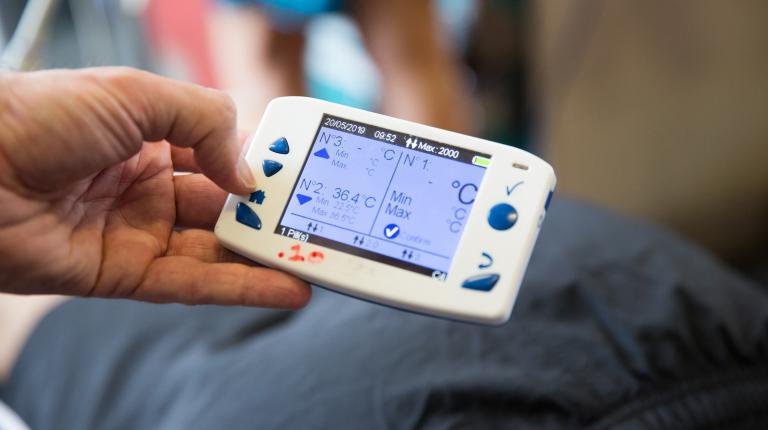Performance optimisation
The research work carried out proposes to meet two main goals with a view to optimising training methods:
- Understanding the adaptive processes and the strategies put in place by athletes and their support teams in stressful situations in order to then assess how performance is affected by stress management training programs;
- Analysing the different levels that structure the generation of movements, from motor control to information perception and the performance of actions to optimise their execution.
The teams from INSEP’s research laboratories are working to put in place innovative training protocols based on the combination of environmental stresses, such as heat or hypoxia, while working on the nature of the muscle-tendon interactions involved in sports movements.
Main research work
- "Live High-Train Low" Paradigm: Moving the Debate Forward.
Exercise and Sport Sciences Reviews - High-intensity exercise in hypoxia studies shows that training intensity promotes increase in mitochondrial content.
The Journal of Physiologie - Neural correlates of motor expertise: extensive motor training and cortical changes.
Brain Research - The slack test does not assess maximal shortening velocity of muscle fascicle in human.
Journal of Experimental Biology - Development and preliminary validation of the Communal Coping Strategies Inventory for Competitive Team Sports.
Psychology of Sport and Exercise
